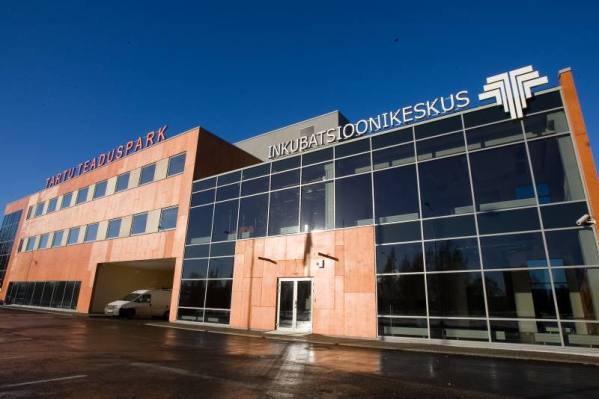Europe has gotten itself another hardware-based startup accelerator; this time Estonia is flying the hardware flag. Focusing on hardware in combination with software, Buildit is a new 3 month accelerator program based in Estonia’s Tartu Science Park, plus a 1 month Seedcamp-style investor “roadshow” in the U.S., China and UK.
It’s currently accepting applications for its first batch of 6-12 teams, while the program will run from April – June, 2014. Buildit includes the usual mix of mentoring, product and business development. It cites mentors from companies such as ABB,z, Ericsson, and Nokia; local startups Click&Grow and Fortumo; and research institutions Stanford, Berkeley, and Tsinghua.
Startups can apply from anywhere, though there is particular emphasis on Eastern Europe and Russia. Teams must compromise at least 2 members and preferably have (or be close to) a working prototype. In return for entering the program, Buildit invests €15,000 for 5-10% equity.
Other perks include free open office space during the program at Tartu Science Park, access to prototyping facilities via Protolab (offering things like precision mechanics, mechatronics and 3D design and prototype production services), prototype testing with end-users in a “Living Lab” setting via Smart City Lab, and “free and discounted services” from various partners, including server space, licenses, development tools, design services, testing facilities, marketing services, legal, accounting and banking services, interns, etc.
The program is founded by an unnamed engineering bureau (founded by Aleksander Tõnnisson), Tartu Science Park, and Baltic Innovation Agency. It’s also being supported by EU-funded VC SmartCap. Naturally, Estonia’s GrabCad, which has been riding the hardware renaissance for a while now, also gets a mention.
As we’ve noted before, while software bootcamps still dominate the accelerator scene, dedicated hardware accelerators (and/or hardware arms added to existing programmes) have been cropping up, fuelled by crowdfunding sites and cheaper electronics component costs. Examples include China-based Haxlr8r; Flextronics’ backed Lab IX; Startupbootcamp run High Tech XL, the U.K.-based Springboard IoT accelerator (now merged with TechStars); and a joint R/GA and Techstars programme aimed specifically at accelerating connected devices, to name a few.
